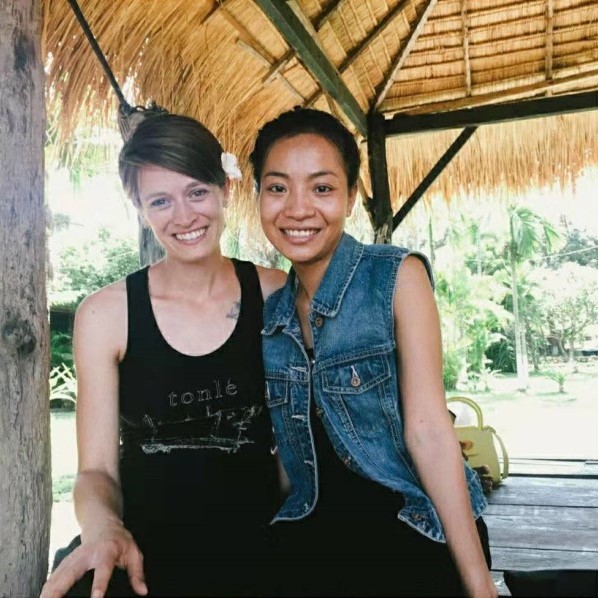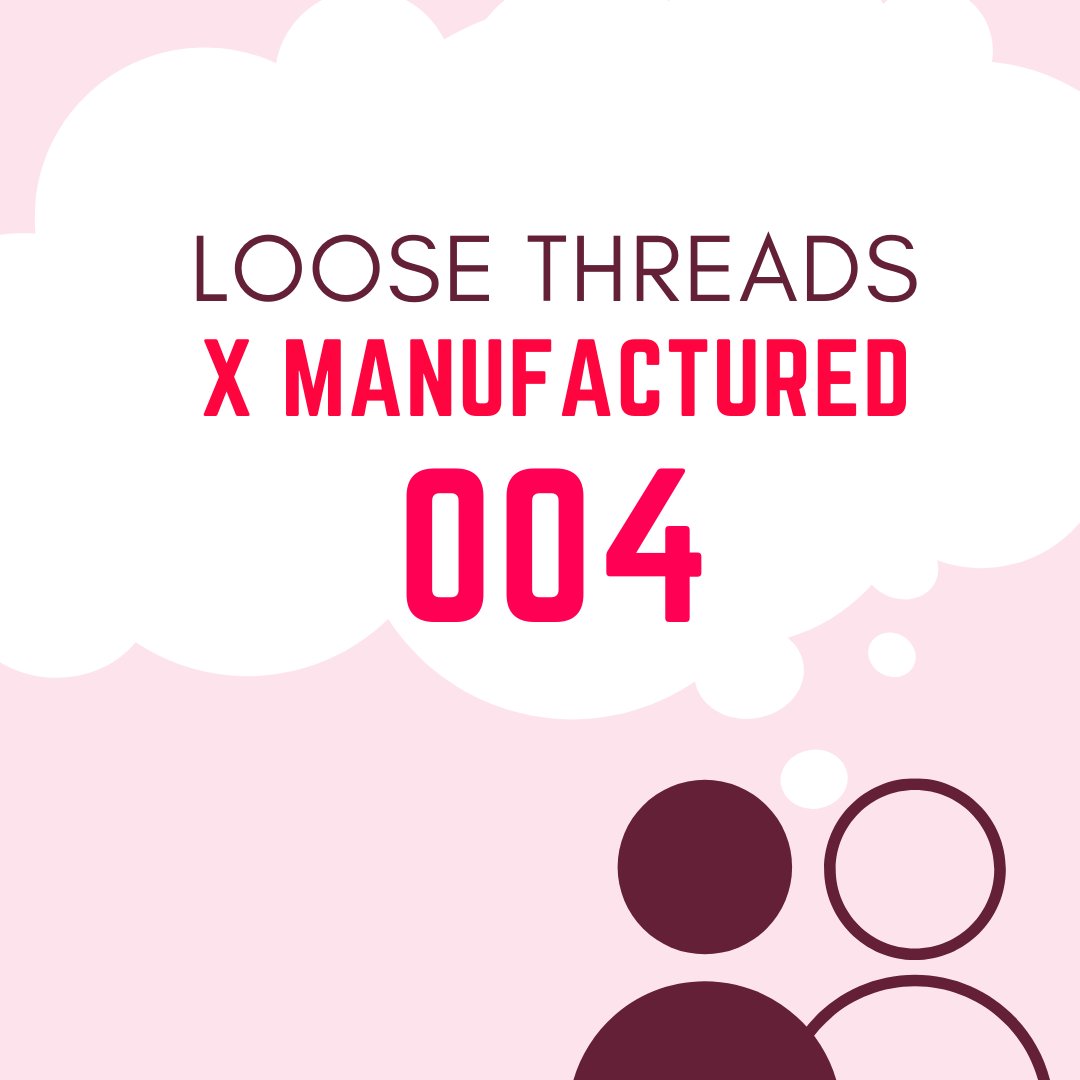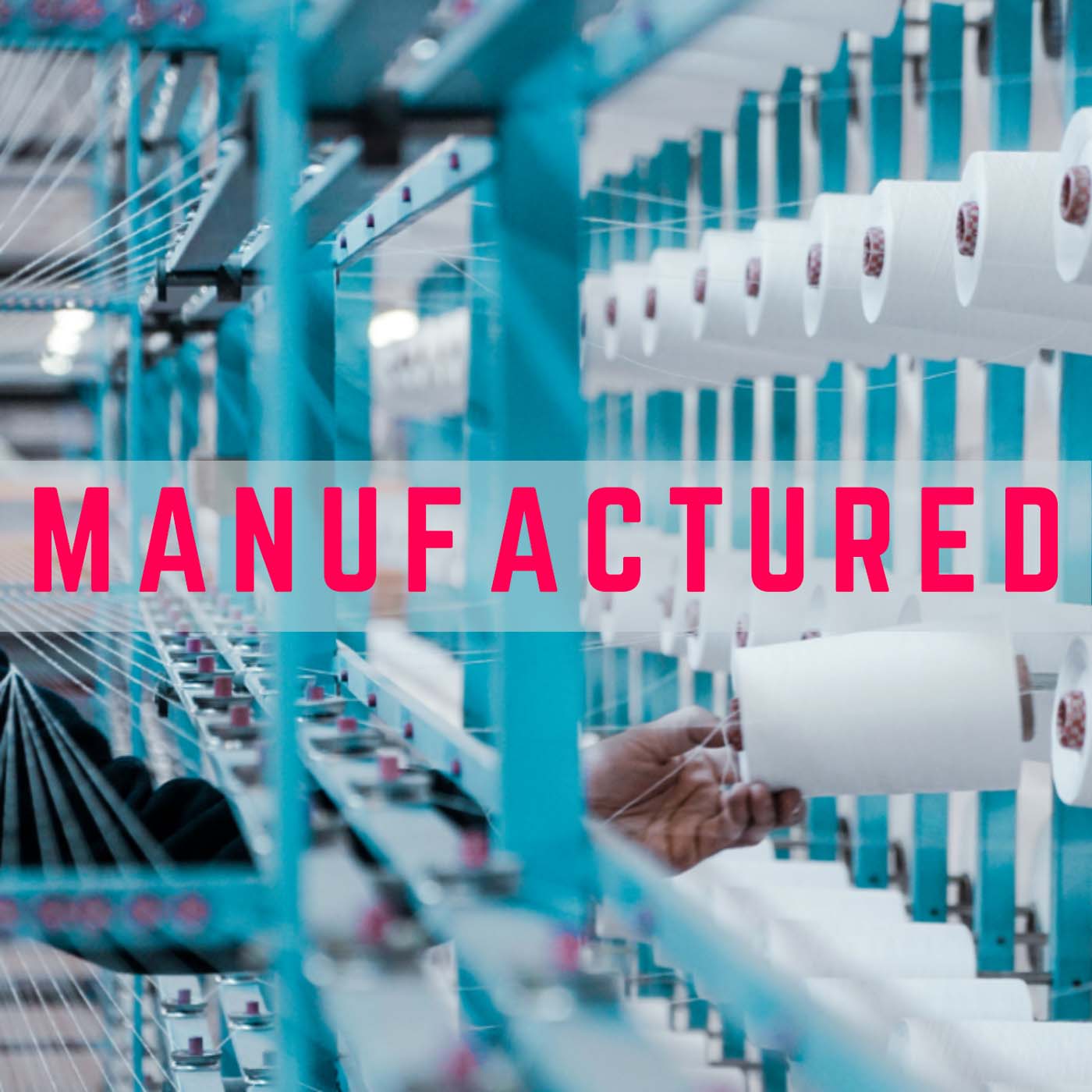There are a lot of layers to the fashion supply chain. We’ve talked to farmers, mills, spinners, cut and sew factories and more on this show. But some suppliers take on more parts of the production process than others. Back in April we teamed up with Transformers Foundation and three vertically integrated suppliers from Pakistan, India, and Turkey respectively for a live panel discussion about how vertical integration has shaped their journeys – both from a general business perspective and a sustainability perspective. This week we’re sharing an abridged version of that panel discussion. Be sure to check out the full version with video.
Our first panelist is Ali Abdullah, Managing Director of Diamond Denim in Pakistan. He oversees raw material procurement, production, product development, sales, and finance for the company. employs about 4000 people. Diamond Denim started out as a greige fabric weaver in the 1990s. In 2013 they started making denim fabric, which led to doing assembly, which led to making the yarn.
Our second panelist is Halit Gümüşer, General Manager and Board Member of Kipas Holdings. Kipas is a Turkish company operating across six different industries, 25 factories, and 10,000 employees. They started with spinning in the late 80s, moving into weaving and ultimately assembly in the 90s, before getting other industries like paper, energy and cement throughout the 2000s. Kipas has also been a pioneer in the sustainability space. They were one of the first companies to start looking at more sustainable fabric options. More recently they’re committed to being carbon positive by 2030. For Kipas, sustainability is not just about fabric but about process, and being vertically integrated is what gives them control over process.
And last but not least, our third panelist is Anant Ahuja. Anant is the Head Organizational Development at Shahi Exports & CEO and Co-founder at Good Business Lab. Shahi exports was founded in 1974 by Anant’s grandmother, who began as a sewing machine operator herself. Shahi is India’s largest exporter of ready-made garments, with over 100,000 employees, 3 mills, and 65 factories. They too do everything from spinning through to assembly of finished garments. In addition to physical goods, they also offer a lot of “soft” services” to the brands they work with, like product design, logistics, and vendor-managed inventory.
Transformers Foundation is the unified voice representing the denim industry and its ideas for positive change. It was founded to provide a thus-far missing platform to the jeans and denim supply chain, and a central point of contact for consumers, brands, NGOs, and media who want to learn more about ethics and sustainable innovation in the industry.
For more on Transformers Foundation’s work visit the website and follow along on LinkedIn or Instagram.
Be sure to check out the full version of the panel discussion with video.

Photo by Janko Ferlič

This week we chat to Rachel Faller, the founder and creative director of tonlé and Sokpriya Yan, tonlé’s General Manager. They’re one of the...

Our last episode of Loose Threads addressed the question: “Why do suppliers subcontract?” We received on supplier response after the episode was released, which...

What do factory managers think about sustainability of fashion industry? What is a Master Planner? What is a merchandiser? Or a textile engineer? What...